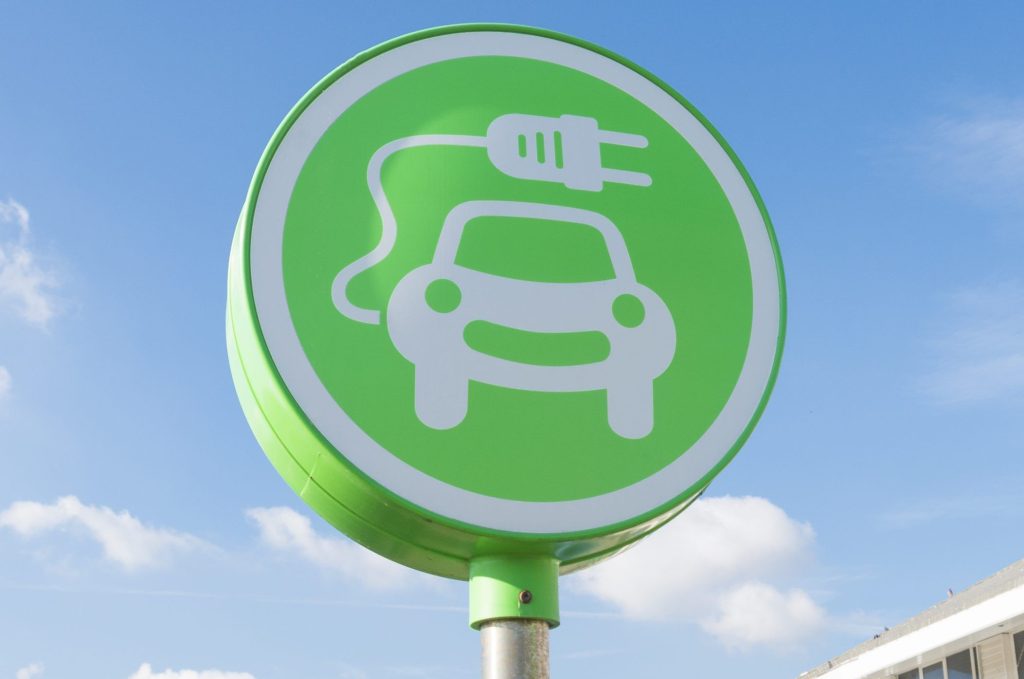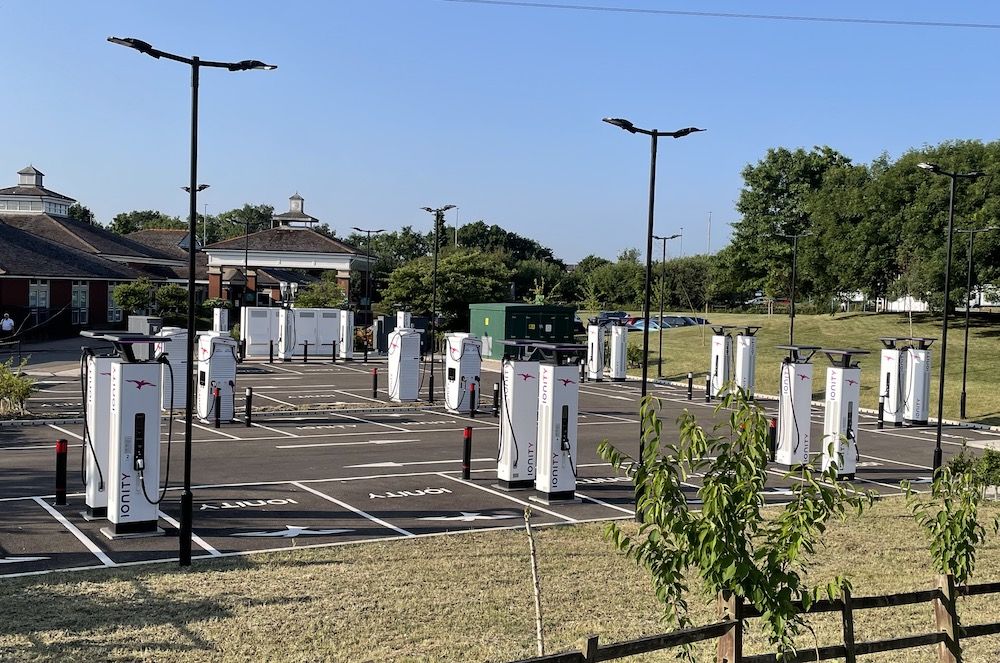Reforms are needed to bring down the cost of public charging down and ensure EVs are an attractive option for drivers who can’t charge at home, new data from RAC Charge Watch has shown.
The price of using the very fastest chargers, which are relied on by drivers making journeys beyond the range of their vehicles, is virtually unchanged since the start of the year, it discovered. Drivers today are paying £41.18 to charge a family-sized electric car from 10% to 80%, adding a range of around 170 miles.
The average cost of a rapid pay-as-you-go charge, using chargers with power outputs between 50 and 149 kilowatts, currently stands at just under 80p per kilowatt hour (79.19p per kWh), virtually unchanged on the start of the year (79.55p) but up 4% since a year ago and up 28% on two years ago.
Using the country’s fastest ultra-rapid chargers – those with a power output of 150 kilowatts or above that can charge many EVs in minutes – costs a similar 77.67p per kWh, making a 10-80% charge cost £40.39.
It comes as the research also showed domestic off-peak home charging can cost just a seventh of the price of an on-street lamppost or bollard charger where these exist (7p, compared to between 49p per kWh), and less than a tenth of the price of using a much more common rapid or ultra-rapid charger (7p, compared to 80p and 78p per kWh).
The low cost of home charging means that even drivers who are on a standard domestic electricity tariff pay no more than £15.88 to fully charge an electric vehicle from 0% to 100%.
Research revealed that charging networks which build and operate rapid and ultra-rapid chargers have faced huge increases in some of the charges they pay for the supply of their electricity, including those covering the capacity they will need in the future. In addition, the charging networks paying for installation and running the country’s new infrastructure are currently building stations for the future, as EVs currently represent less that 4% of the total number of vehicles on the road.
Finally, unlike domestic energy, there is no price cap applied to electricity bought by businesses including the charging networks, and there is also the VAT issue, as highlighted by the long-running FairCharge campaign, regarding 5% VAT for domestic but 20% for public charging on energy.
RAC spokesperson Rod Dennis said:
“Drivers of electric vehicles might be frustrated that the cost to use rapid or ultra-rapid chargers remains stubbornly high, despite wholesale energy prices dropping. But they might also be surprised to learn that the actual cost of electricity they are using when they charge up makes up a relatively small part of the total price they have to pay due to the high charges levied on the networks for grid upgrades and connections.
“Charging networks are spending enormous sums of money now to install the charging infrastructure that an increasing number of drivers will be using in the years to come, as more of us switch to EVs. Figures show that almost twice as many of the fastest chargers have so far been installed this year compared to last, and nearly four times as many compared to 2022.
“It’s vital that public charging costs for drivers come down. Reducing the rate of VAT charged on electricity sold at EV chargers from the present 20% to match the 5% charged to domestic customers would be a huge help, but this wasn’t included in last month’s Budget.”
ChargeUK chief executive officer Vicky Read said:
“We believe reforms are needed to help charge point operators offer public charging that is as affordable as possible.
“The sector has committed to spend £6 billion ahead of demand and profitability to deliver the charging infrastructure that the UK needs. With a public charger being installed every 25 minutes and the network expanding by 42% a year, we are on track to do this. Our members are also committed to making charging affordable as possible, because we know this is a key consideration in the decision to switch to EVs.
“But operators are faced with significant costs outside their control. VAT charged at 20% for public charging (versus just 5% at home), standing charges for rapid charging that have risen more than 10-fold in the past 18 months, wholesale electricity prices that remain among the highest in the EU28, and the fact that operators in the UK do not benefit from carbon credit schemes, unlike many of our European counterparts.
“We call on the Government and Ofgem to act now to ensure that affordability is not a hurdle in the transition to EVs.”
Image from Shutterstock














